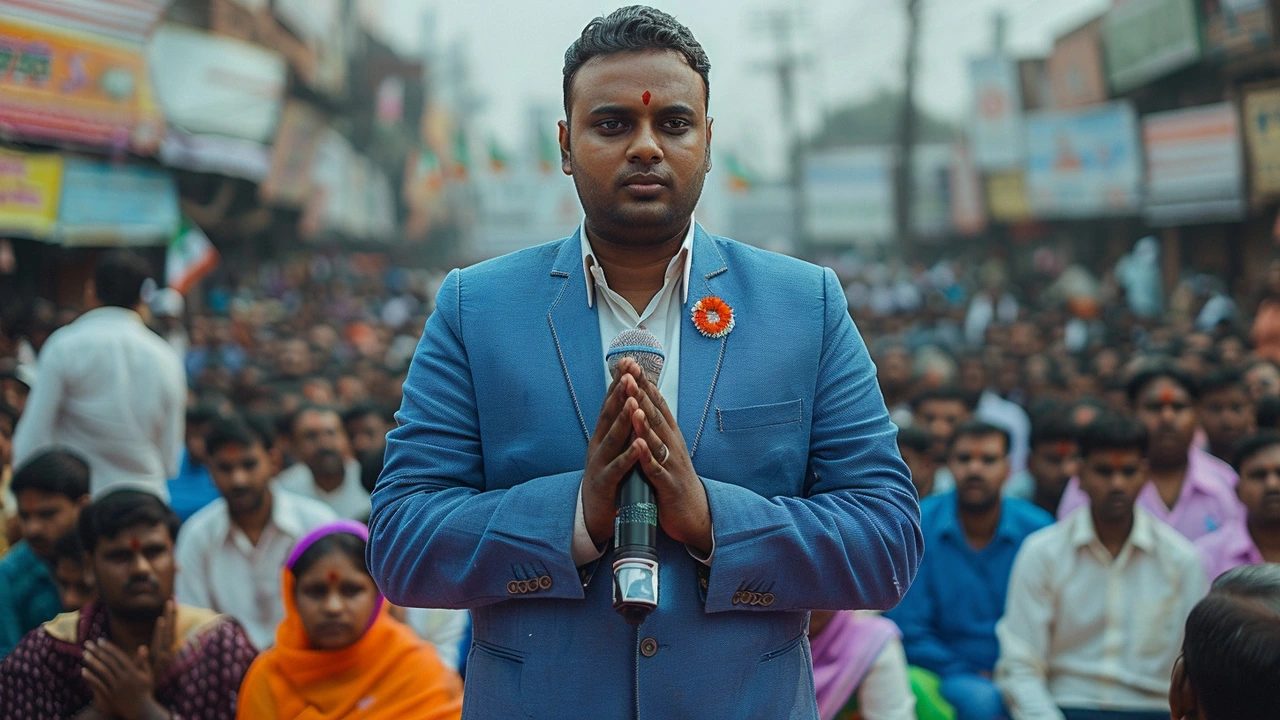Sexual Assault: What You Need to Know
Sexual assault is a serious issue that affects people across all ages and backgrounds. It’s more common than many think, but talking honestly about it can help us understand and prevent it. This page brings together important information to help you recognize signs, keep yourself and others safe, and learn where to find support if needed.
What Exactly Is Sexual Assault?
Sexual assault refers to any unwanted sexual contact or behavior without consent. It can happen to anyone and involves acts ranging from grabbing or touching to rape. Understanding what counts as assault is crucial because it breaks trust and harms individuals physically and emotionally. Remember, consent means a clear, free, and enthusiastic yes—not silence or pressure.
How Can You Protect Yourself and Others?
Staying safe starts with awareness. Trust your instincts—if a situation feels off, it probably is. Setting clear boundaries with people and communicating openly about comfort levels is key. Also, look out for your friends and step in or ask for help if you notice something concerning. Remember, prevention isn’t about blame; it’s about empowering everyone to be safe and respected.
Many communities have resources like hotlines, counseling, and support groups for survivors. If you or someone you know has experienced sexual assault, talking to a trusted person or professional can make a big difference. Healing takes time, and support is available to help navigate the journey.
By staying informed and connected, we can work together towards a world where sexual assault is not tolerated, and survivors find strength and help. Keep this page bookmarked for facts, advice, and stories that matter.

Controversy Surrounds Prajwal Revanna's Departure Amid Assault Allegations: Modi's Critique
Prime Minister Narendra Modi criticized Karnataka's decision to permit JD(S) MP Prajwal Revanna to travel abroad despite facing sexual assault allegations. Modi argues for strict measures, highlighting political maneuvers involving sensitive information post-elections.